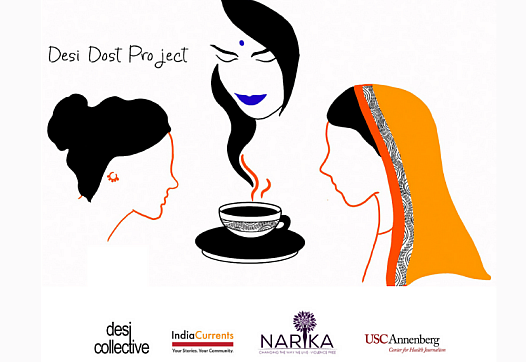
While the success of South Asians in the Silicon Valley tech sector gets a lot of ink, not much is written or known about the spouses of these tech workers who come on dependent visas. Two journalists set out to change that.

While the success of South Asians in the Silicon Valley tech sector gets a lot of ink, not much is written or known about the spouses of these tech workers who come on dependent visas. Two journalists set out to change that.
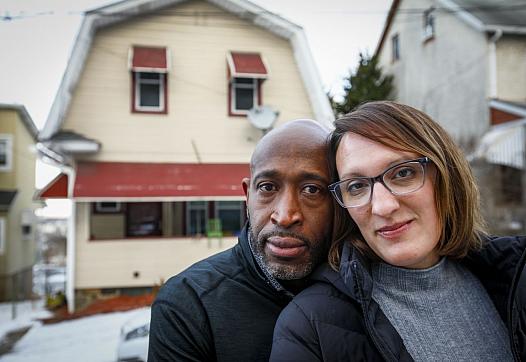
Weary of living among student housing rentals, Murdocc and Karen Saunders sold their Hillside Avenue home in South Bethlehem in late 2020. They've yet to find a new home and regret the sale.

El número de niños que cruza la frontera sur está aumentando otra vez. El Condado de Prince George los ayuda a sobrellevar la situación y a aprender

The state is on the cusp of becoming the first to offer all residents health care coverage, regardless of their immigration status.
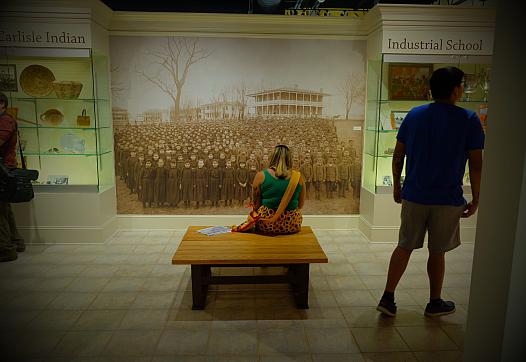
Native News Online Journalist Jenna Kunze is measuring the impacts of boarding school on the Rosebud Sicangu Oyate Reservation, working in partnership with tribal members and experts across Indian Country.
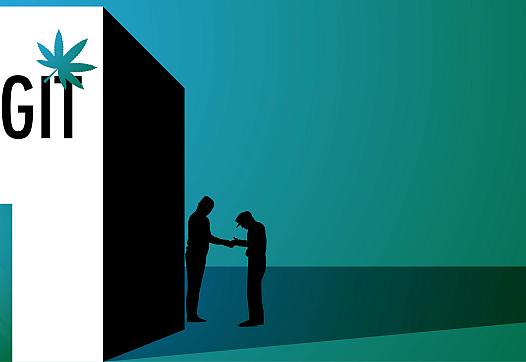
High fees and regulatory hoops have left many in the cannabis industry locked out of the legal marketplace.
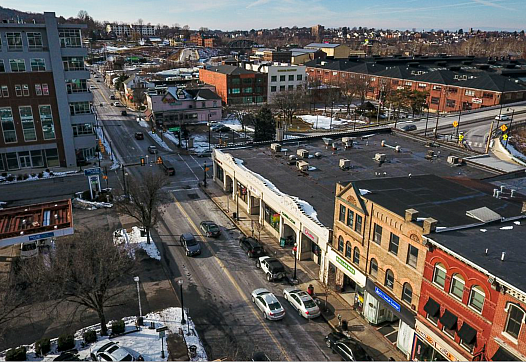
Developers are pitching urban infill projects with luxury apartments and high-end retail. Residents want affordable, workforce housing while preserving the neighborhood’s rich character.
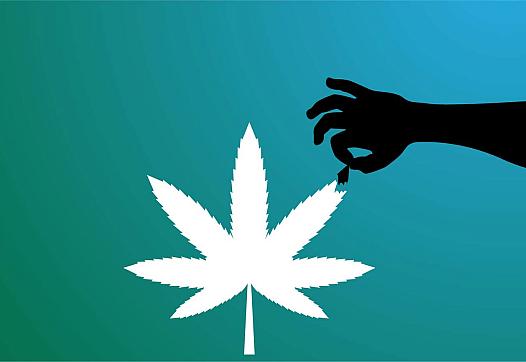
A Florida-based company is now the nation’s largest weed corporation, leaving Black growers behind.
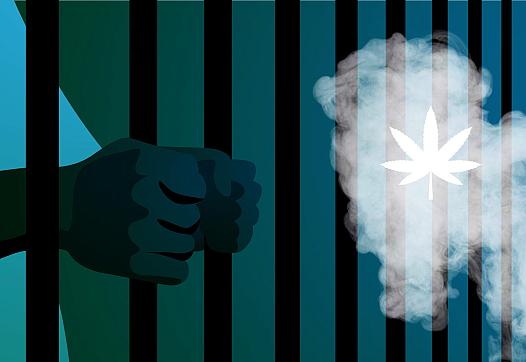
The legal market has removed the threat of arrest, but brought with it a whole new set of challenges.
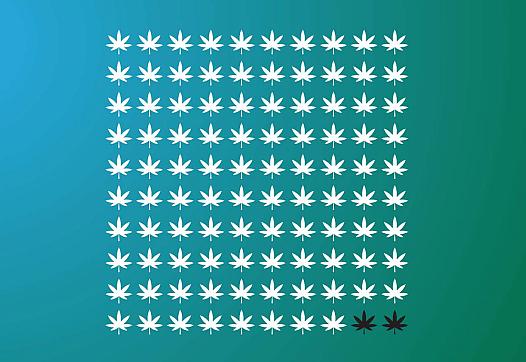
Coast to coast, the green rush is failing Black growers and entrepreneurs.